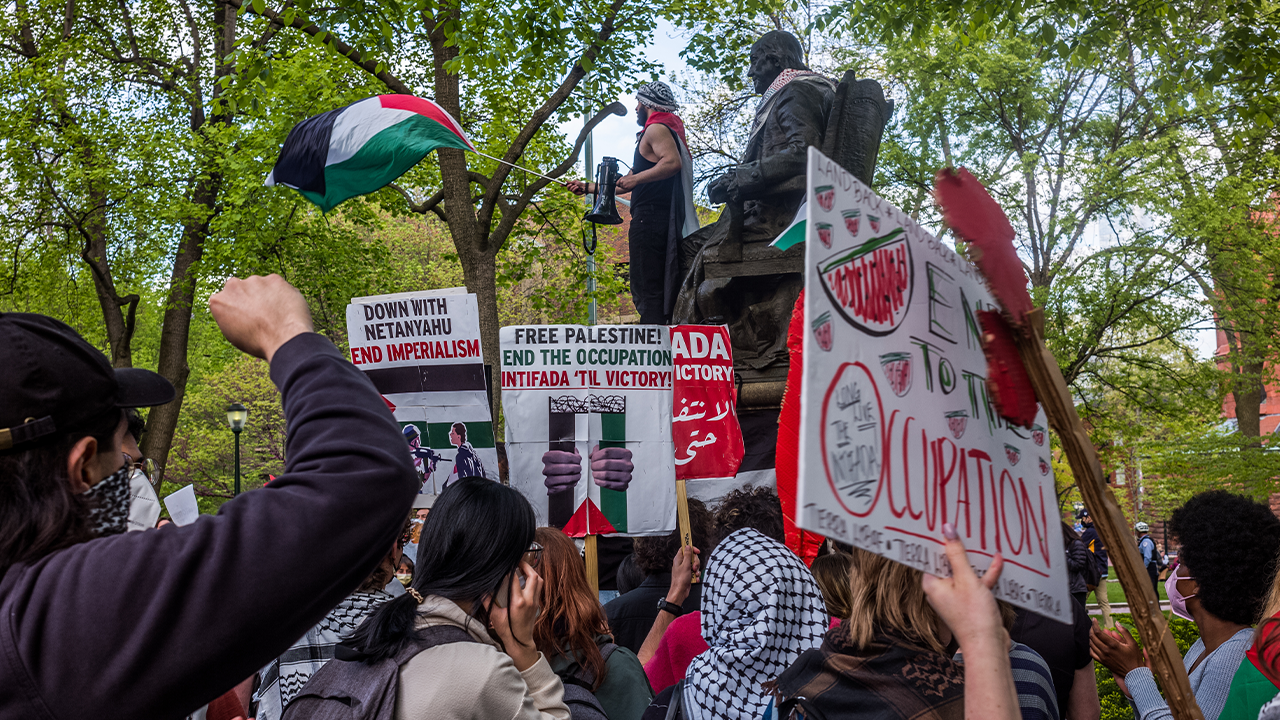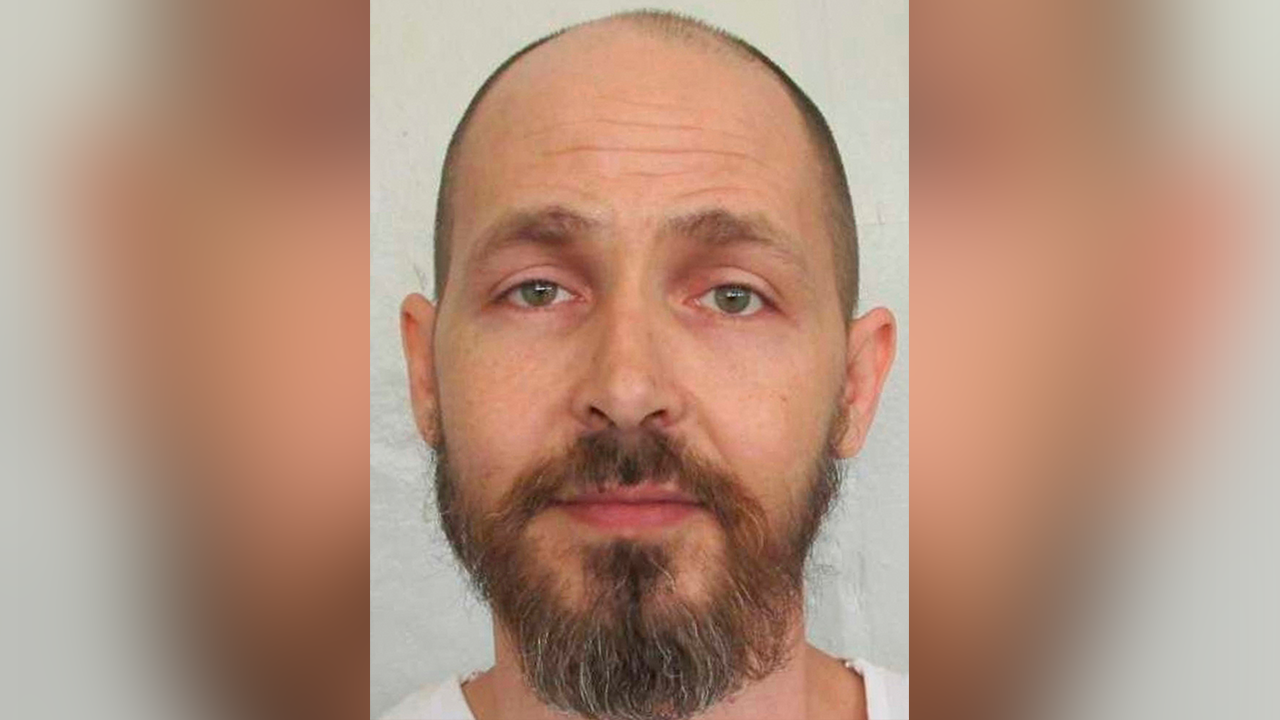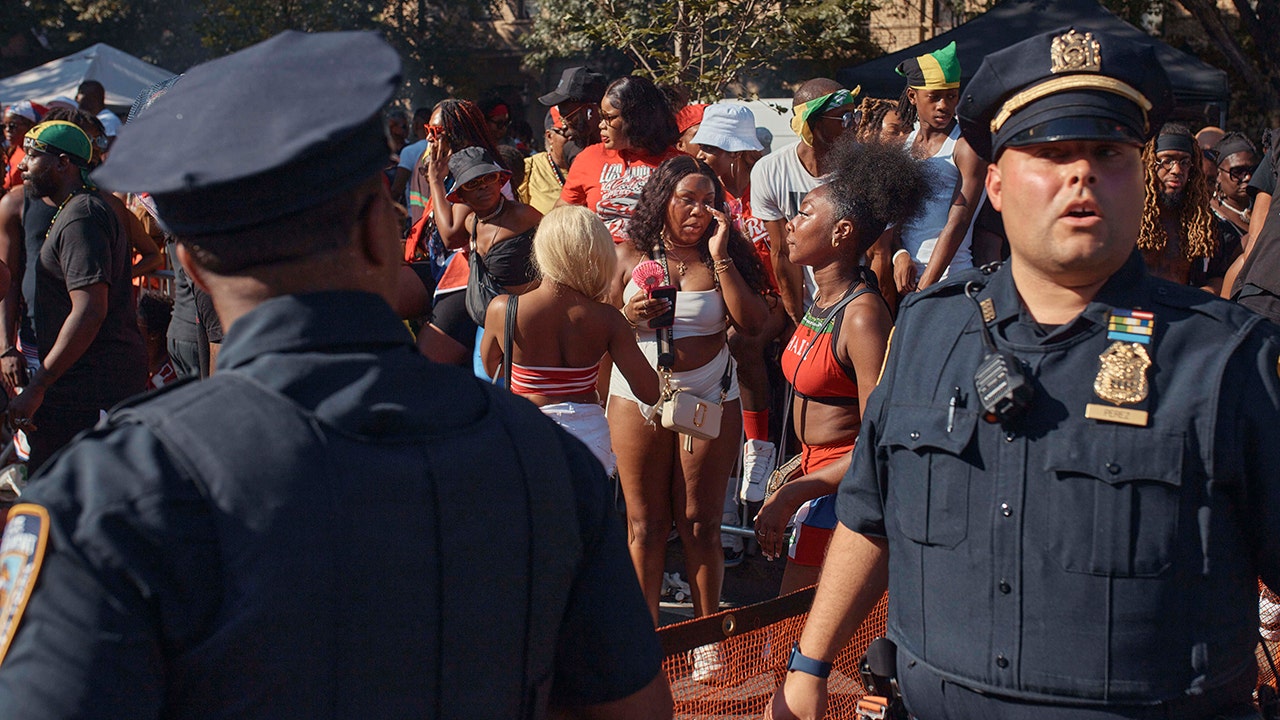If France is a country of illusions — a beautiful and seductive land offering many of life’s greatest pleasures that sits atop and conceals a crime-ridden, drug-plagued world of violence — then the past week offered a rude awakening to this dual reality.
The Olympic flame arrived on French soil last week in the ancient port city of Marseille as a joyous crowd thronged the beautiful harbor. The chatter was of peace ahead of the Games, which begin in July. But the flame also arrived in a city whose northern districts are the epicenter of the French drug trade, where 49 people were killed last year and 123 injured in drug-related shootings.
The coldblooded killing on Tuesday of two prison guards on a major highway in an ambush that freed Mohamed Amra, a midlevel prisoner being investigated in Marseille for possible ties to a drug-related homicide case, shook France. This, just 85 miles from the capital, was a methodical execution in broad daylight on the main road from Paris to Normandy. Its methods were consistent with the brutality of a booming narcotics market.
Senator Jérôme Durain, a member of the Socialist Party and one of two authors of a Senate Committee report on drug trafficking in France that was completed this week, was not shocked by the killing. “The world we found was one of limitless violence involving people, often very young people, who have no conscience and lost all sense of the value of life,” he said in an interview. “This fits exactly.”
He said “corruption has begun to spread because there is so much money,” implying that it was possible that the ambush was facilitated by a compromising of the security services.
Bruno Le Maire, the French finance minister, said in March that the drug trade in France is now worth about $3.8 billion a year, but other estimates range as high as $6.5 billion. The volume of Ecstasy and amphetamines seized by customs authorities rose 180 percent in 2023, the French customs service said.
Overall, almost 93 tons of drugs were seized last year, with a value of $927 million, according to the annual report from the French customs service. Cannabis, which is illegal in France, is the drug most impounded, followed by cocaine, the Senate report said.
There is no hard evidence as yet that the extraordinary sophistication of the ambush that freed Mr. Amra, 30, who is known as “The Fly” and has vanished along with at least five attackers, reflected his possible status as a drug mobster. He has been convicted 13 times for offenses including extortion and assault, and the Marseille case involves narcotics, but he has not been convicted on drug-related charges.
In testimony to the Senate, Gérald Darmanin, the interior minister, was emphatic about the link between the killings and drug trafficking. “Senator Durain, you are prudent about the link between this ignoble attack at the tollbooth in the Eure and narcotics trafficking. I have no such prudence. There is a link. It is evident”
He added that “the greatest danger to our national unity is drug trafficking,” urging the country “to do 100 times more than we have so far done.” He described the report on drugs in France by Senator Durain and Senator Étienne Blanc of the center-right Republicans as absolutely correct.
“We must all wake up. We must fight drugs, which are never festive, always mortal,” Mr. Darmanin said. “Nobody in the future should make a single argument accepting their consumption.”
It was an extraordinary appeal for action. In the interview, Sen. Durain said France had come together to fight terrorism effectively but had never done so to fight the narcotics trade, which takes many more lives. This had to change, he said.
As the hunt for Mr. Amra continued, Interpol, an international organization that helps police agencies worldwide share information about fugitives and crimes, issued a red notice on him — in effect an urgent request from France for assistance in finding Mr. Amra that raised the possibility he may have crossed a border.
In Marseille, which President Emmanuel Macron visited with great fanfare in March to announce an assault on what he called the “terrible scourge” of drug trafficking, the situation has continued to deteriorate, Senator Durain said.
“When it comes to an all-out battle between gangs, and violent competition for points of sale, Marseille leads the rest of the country, even if the insidious hold of drugs is spreading to smaller towns,” he said. The government operation, which has extended to several French cities and smaller towns, is called “Clean Sweep.” It has had minimal impact, Senator Durain added.
The police have identified the two main rival gangs in Marseille as “Yoda” and “DZ Mafia,” and they attribute some 35 of the 49 killings last year to the fierce battle between them to control points of sale, Pascal Bonnet, a deputy criminal investigations officer responsible for the southern region of France told Le Monde daily newspaper earlier this year.
In northern Marseille, and other struggling neighborhoods around the country, where North African immigrants find difficulty integrating into French society, the dropout rates in school are high, violence commonplace and access to jobs scarce, an offer through groups on WhatsApp and other social media of $5,500 to drive a car in a narcotics deal or up to $200,000 for a killing can prove irresistible.
“There are home delivery services in Marseille for cannabis or cocaine that publicize themselves on social media, and even get sold like a regular business,” Senator Durain said. “People in private WhatsApp groups call them ‘Uber-hash’ or ‘Uber-coke,’ it’s that commonplace.”
The background of Mr. Amra is unclear. He grew up in Normandy. His most recent conviction this month was for burglary, but he appears to have close links to the Marseille criminal underworld. On Sept. 26 last year, a judicial tribunal there requested that he be placed in isolation in connection with a drug-related homicide case involving a burned body found inside a car in southern France.
The investigation of the crime revealed that although Mr. Amra was imprisoned, “he continued, from behind bars, to communicate with the outside world through a line opened in the name of his sister,” Le Monde reported on Tuesday.
A succession of government ministers vowed on Tuesday to recapture Mr. Amra and bring the killers who freed him to justice, but the longer the search for them goes on, the more embarrassing it becomes to Mr. Macron at a delicate moment in the approach to the Olympics.
At a deeper level, the bloody debacle, combined with the publication on the same day of the Senate report on the drug trade, appeared to have opened a vigorous debate on why government attempts to tackle the narcotics problem have proved so ineffective. That in turn will almost certainly lead, once again, to a political confrontation on the issue of social exclusion and poverty in the poorer neighborhoods and suburbs of major French cities.






